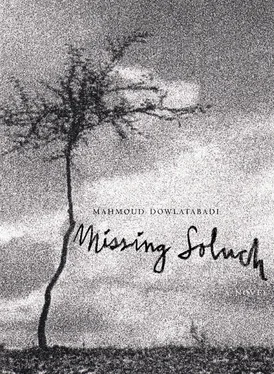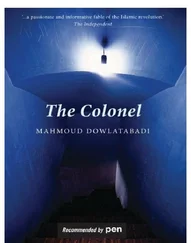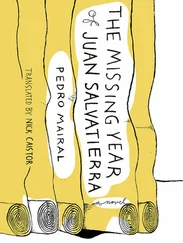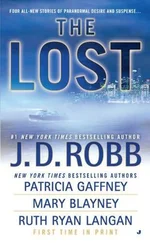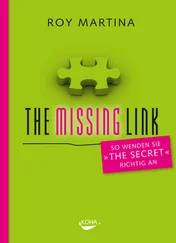She grasped Abbas’ dry, aged head and pressed it to her chest as if gripped by a kind of madness. Then she suddenly let him go, as if she didn’t want the waves in her heart to overflow. She couldn’t let them. So she let him go.
Abrau, himself now ready to go, had wrapped the straps for his satchel around his shoulders and was carrying his blanket on his back. Mergan looked at her boys. The brothers were drawn together. Abrau, with a load tied to his back, began moving toward Abbas calmly and — for some reason — with a hint of shame. Abbas, with his head overrun by white hair that seemed almost to be scraping against the dark morning sky, had turned toward his brother as well. The brothers paused a moment as they grew nearer, but then Abrau extended a hand toward Abbas, who suddenly threw himself into his brother’s arms. His shoulders were overtaken by a wave of shaking and trembling. A muffled sound that was akin to an injured dog’s yelp caught in his throat. Despite this, he began speaking with difficulty and in a broken voice.
“I’m afraid … that I won’t live long enough … to see you … to see you again … brother! Don’t … don’t … forget me … will you?!”
Abrau held Abbas out and shook him.
“Calm down! It’s no good to be crying just as we’re setting out! You never cried before!”
Abbas leaned against the wall and wiped his nose with his sleeve.
“No … only … only … Forget it …! Nothing …! Just go then …! May you travel in safety … I … won’t say any more!”
Molla Aman was already in the alley and shouted over the wall.
“Come on then! Are you preparing to go to battle or something? Let’s go!”
Mergan, and Abrau behind her, walked through the opening in the wall and out into the alley, following Molla Aman’s footsteps.
Abbas came to the alley, walking with his crutch, and poured a cup of water in the footsteps of the travelers for good luck. Abrau turned once again and waved his cap at Abbas.
As Molla Aman and Abrau walked on, Mergan’s footsteps faltered at the door to Ali Genav’s home, and she stopped. They continued on. She opened the door and stepped inside. But then she stopped inside the doorway. She didn’t want to wake her daughter. No, it would be better if she didn’t know and didn’t see them as they left. Also, she didn’t want to see Ali Genav while she was leaving. So, caught between two impulses, she stood where she was.
A moment or two later, Raghiyeh came out, like a mouse leaving its hole. She was quiet and calm. The sound of the door couldn’t have woken her. Mergan imagined that Raghiyeh hadn’t slept the night either. She came toward Mergan limping quietly and passed her by, as if Hajer’s mother wasn’t standing there before her. She went to the alley. Mergan turned and followed her out.
“Raghiyeh dear, Raghiyeh! I’m leaving my daughter, Hajer, in your care, and I leave you in God’s. Raghiyeh dear, don’t bother her. She’s just a girl. If she’s done you wrong, or if I have, don’t do wrong to her!”
Raghiyeh didn’t look back. She didn’t answer, and under Mergan’s gaze she limped over to Mergan’s house, now Abbas’ house.
Mergan watched her until she reached the wall of the house, walking softly, with determination. Then she shook herself — her brother and son were far ahead by now. She looked one last time back at Raghiyeh, then set out walking quickly, reaching Molla Aman and Abrau at the outskirts of Zaminej.
The tractor was still sitting by the graveyard. It was like a corpse that had been pushed out of its grave. Wrapped in a shroud of red desert dust. Morad was sitting by the tractor, next to the stream, one hand in the water.
Water?
“It’s blood. Do you see the blood?”
They sat. There was blood in the water. Molla Aman lit a match, “Water stained by blood! They must have cut up the old mare’s body, then.”
They rose, all but Mergan. She remained sitting by the water, looking down the stream. Someone was coming. A man was coming. Somebody was coming. A person covered in a bloody shroud. He had a shovel in one hand — Soluch. With a muddy shovel. He had emerged from the canal drain. He must have opened the canals himself. His face was not visible. Beneath the shroud, blood was dripping from the cloak he always wore, the cloak made from the hide of his donkey. The blood left an unbroken trail in his footsteps.
“What kind of place are the mines? How are they …? Is there work for women there as well?”
* * *
The night was breaking.
The night was breaking on the trail of blood.
— 1979
